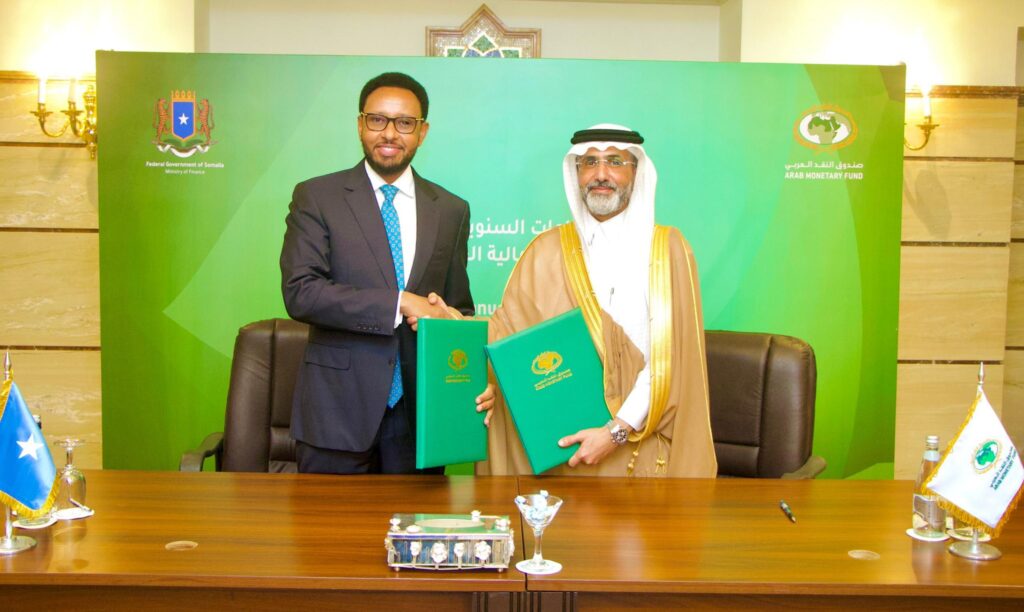Somalia has signed a $306.5 million debt relief agreement with the Arab Monetary Fund, marking a major step in reducing its external financial burden. The deal aims to support Somalia’s ongoing economic reforms and enhance fiscal stability. It is expected to improve investor confidence and promote sustainable growth.
Arab Monetary Fund Backs Somalia’s Debt Relief Initiative
The $306.5 million agreement with the Arab Monetary Fund marks a significant step in Somalia’s economic recovery. This deal is expected to ease the country’s external debt burden, which had exceeded $5 billion before international relief efforts began. By partnering with AMF, Somalia enhances its financial credibility and paves the way for broader international support.
Economic Reforms Strengthened by New Financial Agreements
Recent financial deals have reinforced Somalia’s ongoing economic reform strategy. These include tighter fiscal policies, improved tax collection, and better public financial management. The IMF estimates Somalia’s GDP growth could reach 3.7% in 2025 if reforms stay on course.
Debt Relief Deal Expected to Boost Investor Confidence
The new debt deal is likely to improve investor sentiment and attract foreign direct investment (FDI). Data from the World Bank shows that post-debt relief economies often experience a 10–15% rise in FDI within two years. Somalia’s strategic location and reform momentum make it a promising candidate for such inflows.
Somalia’s Fiscal Future Brightens with Arab Monetary Fund Support
With the debt relief secured, Somalia can redirect resources to development sectors like infrastructure and education. The Arab Monetary Fund’s involvement reassures other donors and stakeholders of Somalia’s financial discipline and commitment to reform, potentially unlocking more funding channels in the near future.
This $306.5 million debt relief deal is part of broader international efforts to stabilize Somalia’s economy and improve its global financial standing. Analysts suggest such agreements can significantly reduce debt service costs, freeing up funds for vital national development.







